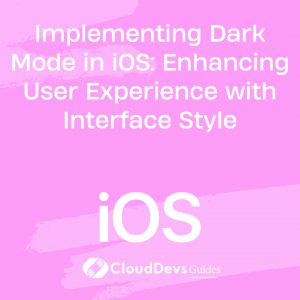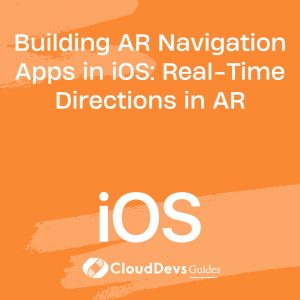What are the primary programming languages for iOS development?
In the realm of iOS development, two primary programming languages reign supreme: Swift and Objective-C. These languages serve as the backbone for crafting applications tailored for Apple’s iOS ecosystem, spanning devices like iPhones, iPads, and iPod Touches. Each language brings its own set of advantages and considerations to the table, catering to the diverse needs of developers and projects.
Swift, a brainchild of Apple introduced in 2014, swiftly rose to prominence within the iOS development community. Its allure lies in its modern syntax, which streamlines code composition and readability, thereby fostering an environment conducive to productivity. Swift champions safety features, minimizing the likelihood of runtime errors and enhancing overall code robustness. Furthermore, its performance optimizations ensure that iOS applications built with Swift exhibit fluidity and responsiveness, catering to the expectations of modern-day users.
On the flip side, Objective-C has stood the test of time, entrenched in the annals of iOS development since its inception. As an object-oriented programming language, Objective-C boasts a rich history of powering some of the most iconic applications in the App Store. While Swift has emerged as the poster child for new iOS projects, Objective-C remains relevant, particularly in the context of maintaining existing codebases and integrating with legacy systems. Its familiarity and stability offer a reassuring presence for developers navigating the intricate nuances of iOS development.
Both Swift and Objective-C enjoy robust support from Apple’s suite of development tools and frameworks, including Xcode and Cocoa Touch. Developers embarking on iOS endeavors have the liberty to select the language that best aligns with their project requisites, personal inclinations, and team proficiencies. Whether it’s harnessing the cutting-edge capabilities of Swift or leveraging the established foundations of Objective-C, the iOS development landscape caters to a myriad of preferences and priorities.








